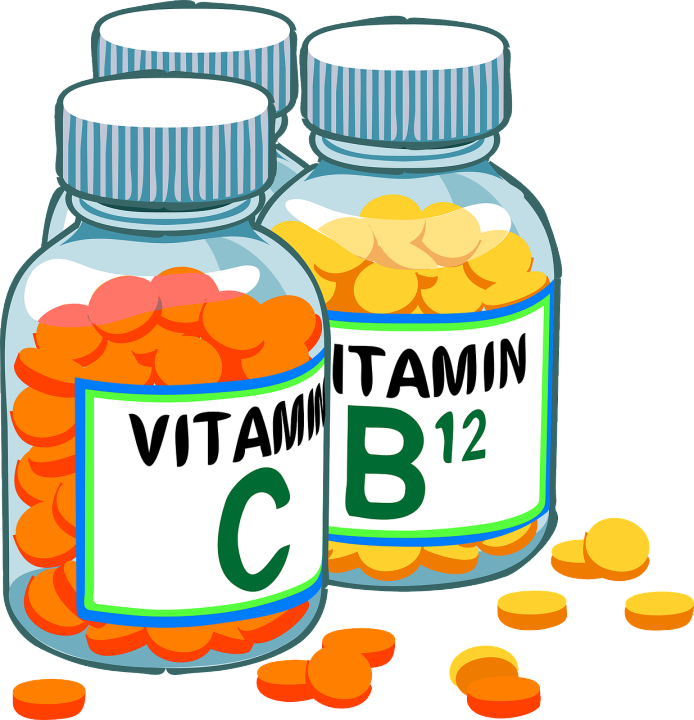Image source: Google
Vitamins play a crucial role in maintaining overall health and well-being, and one area where they can have a significant impact is on heart health. Research has shown that certain vitamin deficiencies can increase the risk of developing heart disease and other cardiovascular problems. Understanding the link between vitamin deficiency and heart health is essential for taking proactive steps to protect your heart.
One of the most well-known vitamins that plays a key role in heart health is vitamin D. This vitamin helps regulate blood pressure, reduce inflammation, and improve overall cardiovascular function. Low levels of vitamin D have been associated with a higher risk of hypertension, heart disease, and heart failure. Ensuring that you get enough vitamin D through sunlight exposure, diet, or supplementation can help support a healthy heart. If you want to explore a variety of heart health vitamins that are formulated to meet your specific needs and promote overall cardiovascular wellness, you can check this website https://medicorerx.com/product-tag/heart-health/.
Another important vitamin for heart health is vitamin B12. This vitamin is essential for the production of red blood cells and the proper functioning of the nervous system. A deficiency in vitamin B12 can lead to anemia, which can strain the heart as it works harder to pump oxygen-rich blood throughout the body. Including foods rich in vitamin B12, such as meat, fish, and dairy products, in your diet can help prevent deficiencies and support heart health.
Vitamin C is another nutrient that is important for heart health. This vitamin is a powerful antioxidant that helps protect the heart from damage caused by free radicals. It also plays a role in collagen production, which is essential for maintaining the structure of blood vessels and preventing atherosclerosis. Including plenty of vitamin C-rich foods, such as citrus fruits, berries, and leafy greens, in your diet can help support a healthy heart.
In addition to these vitamins, other nutrients like vitamin E, vitamin K, and folate also play a role in heart health. Vitamin E is a potent antioxidant that helps prevent the oxidation of LDL cholesterol, which can lead to plaque buildup in the arteries. Vitamin K is essential for proper blood clotting and bone health, both of which are important factors in heart health. Folate, also known as vitamin B9, helps reduce levels of homocysteine, an amino acid that has been linked to an increased risk of heart disease.
It's important to note that while vitamin deficiencies can have a negative impact on heart health, it is also possible to get too much of certain vitamins, which can be harmful as well. For example, excessive vitamin E intake has been linked to an increased risk of hemorrhagic stroke, while too much vitamin A can lead to toxicity and liver damage. It's always best to get vitamins from a balanced diet rather than relying solely on supplements, unless recommended by a healthcare provider.
In conclusion, the link between vitamin deficiency and heart health is clear, with certain nutrients playing crucial roles in supporting cardiovascular function. Ensuring that you get an adequate intake of vitamins like D, B12, C, E, K, and folate through a balanced diet can help reduce the risk of heart disease and other cardiovascular issues. By prioritizing proper nutrition and taking proactive steps to address any potential deficiencies, you can support a healthy heart and overall well-being for years to come.

